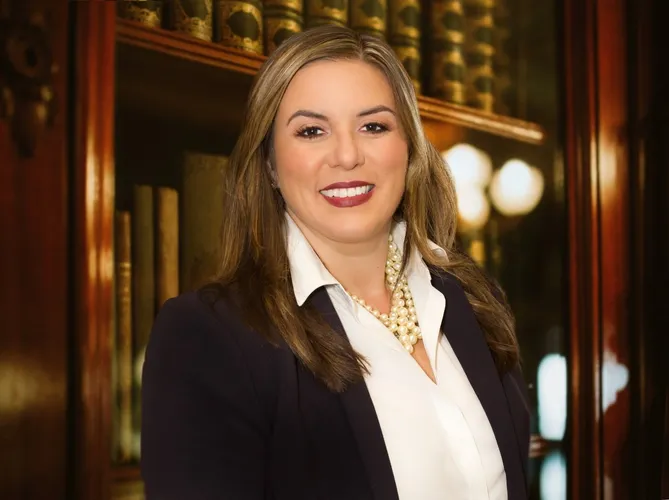
We specialize in probate and estate administration. Schedule a consultation with attorney Konstantakis for all of your trust needs!
Each type of Trust serves a different purpose. The most common types of Trusts include revocable living Trusts and irrevocable Trusts. A revocable Trust allows you to make changes to the Trust during your lifetime, while irrevocable Trusts typically cannot be altered without the consent of the beneficiaries.
A Trust is funded by transferring assets into it. Without transferring assets into the Trust, the Trust might not be able to serve its intended purpose. This collection of assets can include cash, real estate, intellectual property rights, investments, and anything that has monetary value.
A successor trustee is the person or entity responsible for managing the Trust after the grantor’s incapacity or death. You should select someone trustworthy and capable to be your successor trustee.
Your Trust will involve specifying the beneficiaries of the Trust and their respective shares. Clients will need to consider carefully what their wishes are for the assets in the Trust to avoid potential conflicts.
Trusts can have tax implications during the grantor’s lifetime or even upon distribution to beneficiaries. Clients Trust’s with significant assets will play a role in estate tax planning as well. Attorney Konstantakis helps clients understand the role taxes play in their Trust.
Attorney Konstantakis is upfront with her fees and costs. For more information on how the costs of Trusts, visit our estate planning packages page.
See our blog post here about how to set up a trust in 5 steps.
For most people it is important to have both a will and a trust to ensure that all parts of your estate are accounted for. Wills and trusts serve different purposes, go through the probate process differently, and allow for different kinds of control with different goals. Therefore, it is important to consult an experienced attorney for the right plan for you. See our page on wills for more information.
COPYRIGHT © 2024 KONSTANTAKIS LAW OFFICE, LLC - ALL RIGHTS RESERVED.